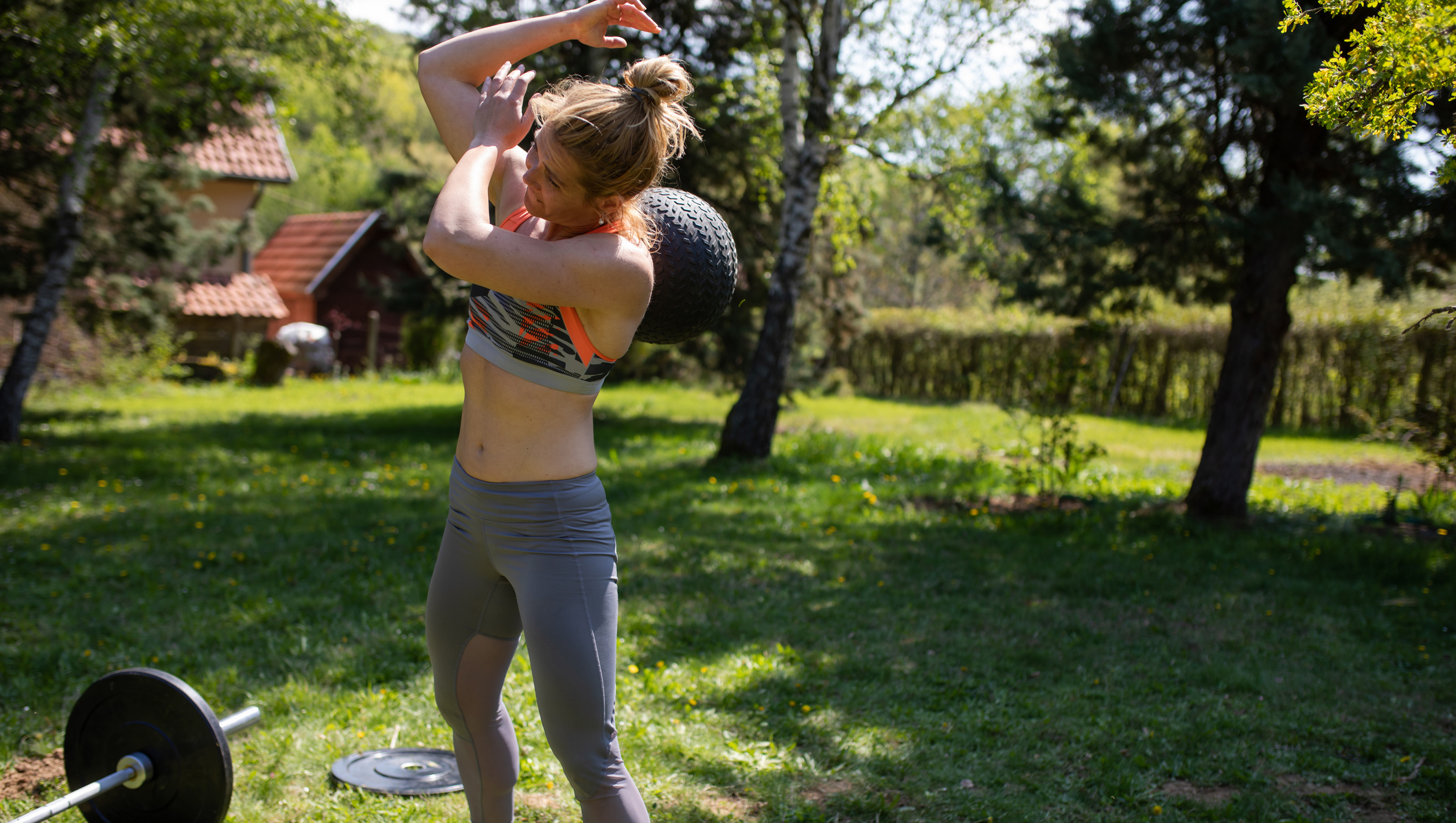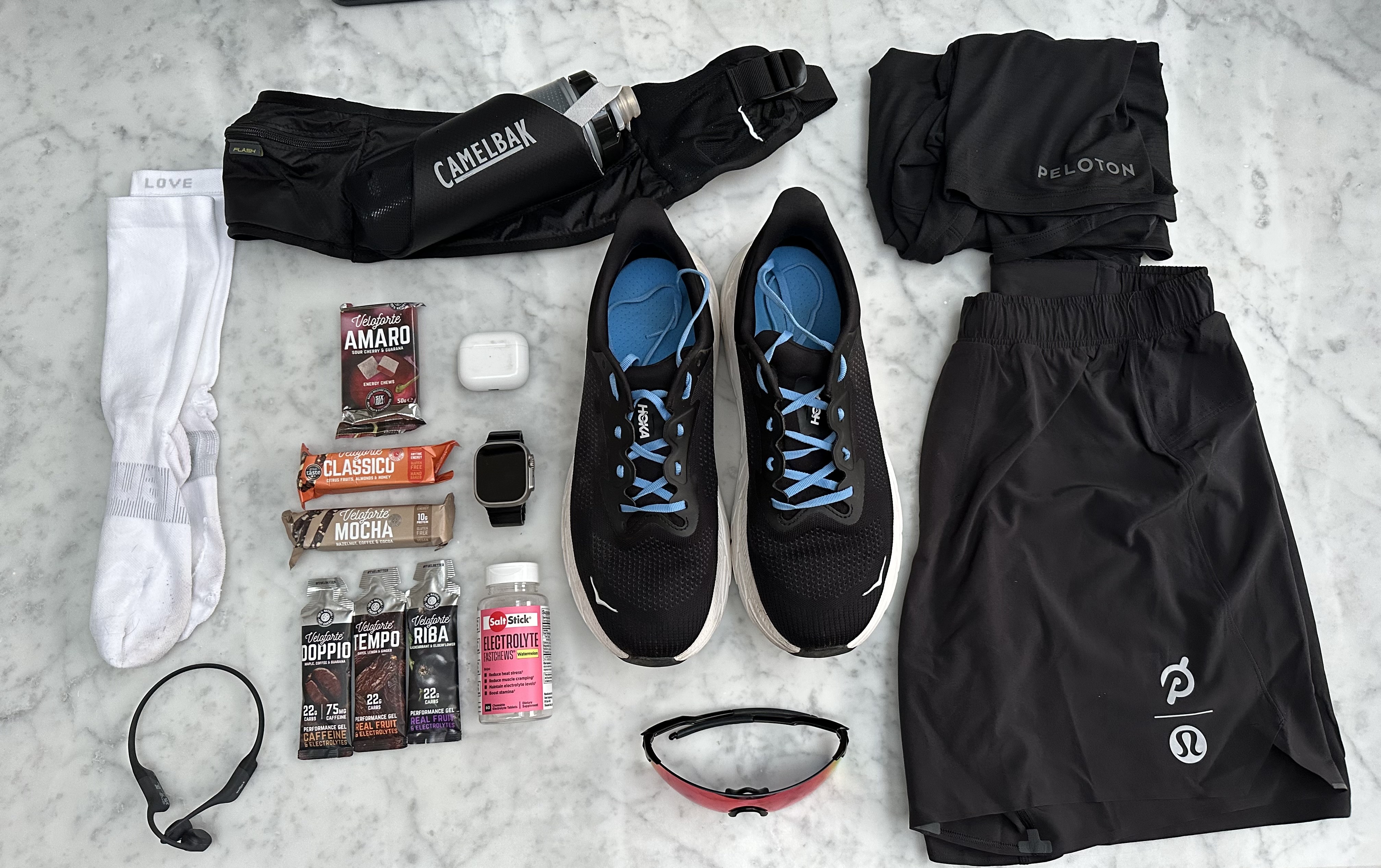Healthier Dairy Food Choices
Dairy is one of the most contentious foodstuffs in the fridge so what’s the latest science? Men’s Fitness explores your udder options

For Milk: Buy Organic
“Current farming methods result in massive overmilking of cows, which can cause infections that are carried into the milk we drink,” says trainer Matt Roberts. “In turn this can cause health issues by increasing inflammation in the body, which can potentially lead to further problems. Organic, non-intensively farmed is definitely better. Which type depends on you. Whole milk has a higher fat content so it’s the most calorific, but it also has a higher vitamin D content than semi-skimmed, which has slightly less fat and slightly more sugar. But avoid skimmed, which has the highest sugar content and is stripped of most of its nutrients through the fat-removal process.”
For Hard Cheese Go Traditional
“Choosing organically-sourced cheese will reduce the level of any chemical ingredients in it and ensure the fats in the cheese are natural,” says Roberts. “Cheeses to avoid would be processed cheeses like cheese strings or cheese slices, because these are completely processed and will contain trans fats which are detrimental to health.” There’s some evidence that cheese made from “raw” (unpasteurised) milk using traditional ageing processes – like parmesan, gouda and gruyère – contain more beneficial bacteria to top up your gut microbiome, but more research is needed.
For Soft Cheese Use Cottage
“Cottage cheese is high in protein but low in fat, so it can be a great option to help increase overall protein content of the diet without driving calorie intake too high,” says Roberts. “Quark is another great soft cheese, again high in protein but low in fat. It isn’t that fat is bad but when trying to balance calories, a lower-calorie cheese will ensure you don’t go into a calorie excess too easily. Again, avoiding any processed cheese would be a good idea.”
For Yoghurt Skip Sugar
“Probiotic yogurt is a good choice as it will help to nurture good bacteria in the gut, and the full fat nature of it means important enzymes needed to process the dairy efficiently have not been removed,” says Roberts. “I would keep high-sugar yogurt to a minimum because these more processed types of yogurt will have fewer nutrients and are likely to have a higher number of chemicals.” Greek style, as always, works – and it’s high in protein.
See related
For Butter Go Natural
“Real organic butter would be best,” says Roberts. “I would avoid margarines because these are an unnatural form of fat that have been hydrogenated to allow them to be spreadable at room temperature, which makes them a trans fat. These fats are not good for our health because the body cannot recognise them as a natural fat, so it can’t use them for any jobs within the body. They also affect our blood vessel efficiency and health and can lead to cardiovascular disease.”
For Ice Cream Ease Off
“Real ice cream is unavoidably high in sugar so should be viewed as a food that needs to be eaten in moderation within a healthy diet,” says Roberts. “There are some great lower-sugar ice cream options out now – Halo Top is one, and it’s available in supermarkets. But although it’s lower in sugar and calories it is also pretty low in nutrients, so again it should only be eaten infrequently.” Alternatively, make your own by mashing up a banana and Greek yogurt, and freezing for a couple of hours.
Get the Coach Newsletter
Sign up for workout ideas, training advice, reviews of the latest gear and more.
Coach is a health and fitness title. This byline is used for posting sponsored content, book extracts and the like. It is also used as a placeholder for articles published a long time ago when the original author is unclear. You can find out more about this publication and find the contact details of the editorial team on the About Us page.










